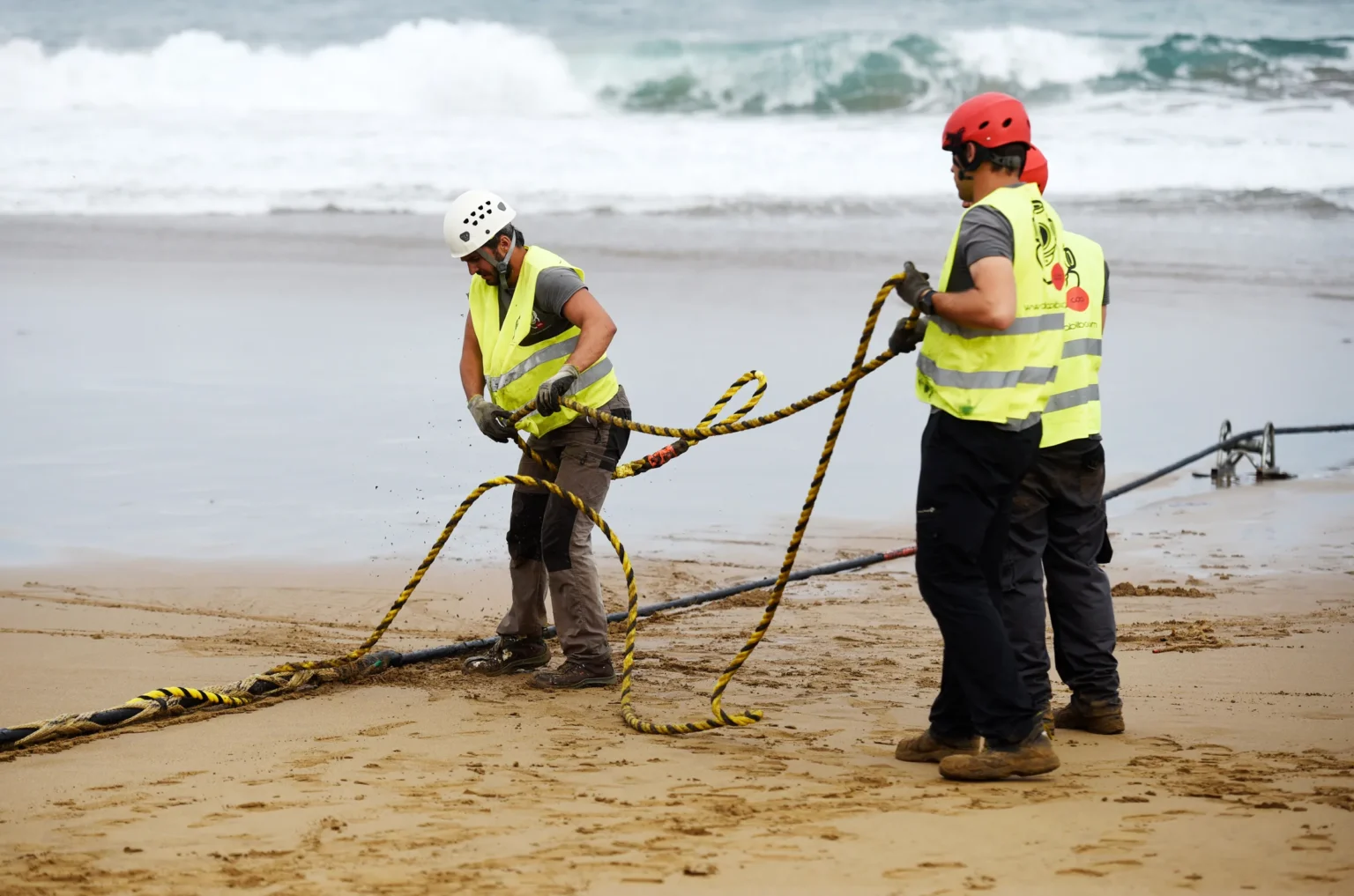- At least eight West African States have been thrown into significant internet connectivity issues.
- Telcos say repairs could span from weeks to months, depending on the damage location
- The impact of such cable failures worsens as networks attempt to route around the damage, potentially reducing the capacity available to other countries.
Nearly a dozen West African states are currently experiencing internet outages occasioned by damage to multiple undersea telecommunication cables. Reports say that this has caused a widespread connectivity outage in parts of the continent, with operators and Internet monitoring groups cautioning that the situation might require several weeks or even months to resolve.
By the end of Friday, March 15th, at least eight countries across the continent had reported significant connectivity issues, although specific details regarding the cause of the undersea cable damages remained limited.
Global media reports indicated that the affected cable lines included critical continental arteries such as the West Africa Cable System (WACS), MainOne, South Atlantic 3, and ACE sea cables, all vital for telecommunications data transmission.
MTN Group Limited, a leading wireless carrier in Africa, announced that ACE and WACS had begun the repair process jointly, with plans to dispatch a vessel to address the damaged cables by the end of Friday.
West African businesses affected by Internet outages
Notably, impacted countries included Côte d’Ivoire, Liberia, and Benin, while businesses across Ghana, Nigeria, Cameroon, and South Africa experienced milder internet outages and connectivity disruptions.
According to Netblocks, a cybersecurity and Internet connectivity tracking platform, Côte d’Ivoire’s connectivity plummeted to about four percent on Thursday morning, while Liberia dipped to 17 per cent at one point, and Benin and Ghana reached lows of 14 per cent and 25 per cent, respectively.
Ghana’s National Communications Authority reported cable disruptions extending to Senegal and Portugal, leading to widespread internet outages and a significant decline in data services nationwide. This prompted mobile network operators to swing to action, in an attempt to restore full services.
An unnamed spokesperson from Cloudflare, an Internet analytics firm, told Bloomberg that technicians would need to assess the extent of damage before starting repair works, a process expected to take a considerable amount of time.
“Repairs could span from weeks to months, depending on the damage location, repair requirements, and local weather conditions. Assigning repair ships is contingent on various factors, including cable ownership,” the spokesperson explained.
By the close of the week, there were widespread fears that, if unchecked, internet outages and the disruptions could hit essential services, especially in the worst-hit countries like Côte d’Ivoire where the effects were severe.
Read also: World’s largest submarine cable project 2Africa lands in DRC
How internet outages disrupted businesses
Ghana’s main stock exchange was, for example, reported extending trading hours by 60 minutes on Thursday and Friday, while Nigeria’s second-largest cement manufacturer is said to have scrapped a call with investors as the damage to the cables obstructed business operations in multiple nations.
The impact of such cable failures worsens as networks attempt to route around the damage, potentially reducing the capacity available to other countries.
The latest disruption comes just under a month after three telecommunications cables were severed in the Red Sea, which is a core telecommunications route that connects Europe to Africa and Asia via Egypt, highlighting the vulnerability of critical communications infrastructure.
The cable cutting, which impacted about 25 per cent of traffic between Asia and Europe as well as the Middle East, affected four major telecoms networks. Underwater cables are the invisible force driving internet use globally, with many in recent years being funded by giant tech multinationals that include Google, Meta, Microsoft and Amazon.
Most large telecom firms rely on multiple undersea cable systems, allowing them to re-route traffic in the event of an outage to ensure uninterrupted service. Some of the natural causes that can cause damage to these networks include earthquakes as happened in Taiwan in 2006.
